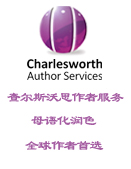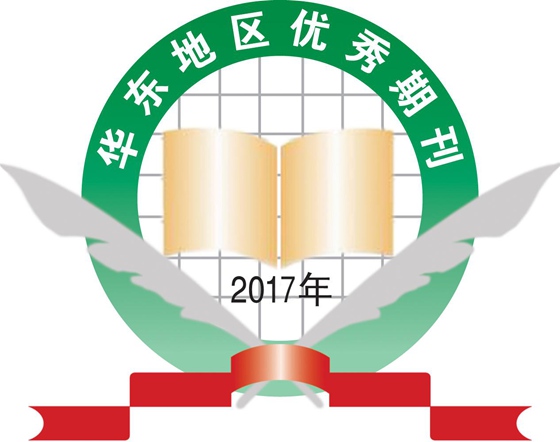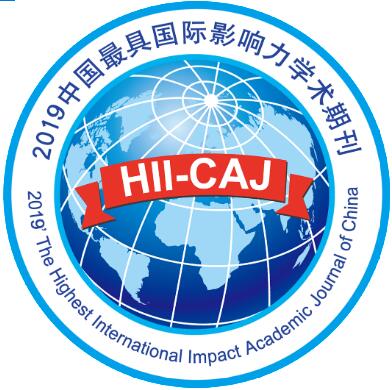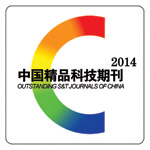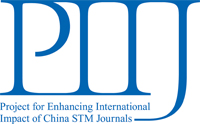Objective: To evaluate the safety and efficacy of Chaige Qingre Granule, a traditional Chinese compound herbal medicine, in treating acute upper respiratory tract infection of wind heat syndrome.
Methods: A multi-center, double-blinded, randomized controlled trial was conducted. In the phase Ⅱ, 60 patients with acute upper respiratory tract infection were randomly divided into the trial group (n=30) and the control group (n=30). In the phase Ⅲ, 112 patients were randomly divided into the trial group (n=84) and the control group (n=28). The trial group received 6 g Chaige Qingre Granule, and the control group received 6 g Fufang Shuanghua Granule (another traditional Chinese compound herbal medicine). The two groups were all treated for 3 days and four times daily. Clinical symptoms, syndromes, adverse effect, blood, urine and stool test, hepatorenal function and electrocardiogram were examined before and after the treatment.
Results: After treatment, the overall obvious response rates of the trial group and the control group were 78.57%, 82.14% (by per-protocol analysis) and 75.86%, 79.31% (by intention-to-treat analysis) respectively, and the overall response rates of the two groups were 96.43%, 100% (by per-protocol analysis) and 93.10%, 96.55% (by intention-to-treat analysis) respectively in phaseⅡ. There were no significant differences between the two groups (P>0.05). In the phase Ⅲ, the overall obvious response rates of the trial group and the control group were 90.54%, 73.08% (by per-protocol analysis) and 88.16%, 70.37% (by intention-to-treat analysis) respectively, and the overall response rates of the two groups were 94.59%, 96.15% (by per-protocol analysis) and 92.11%, 92.59% (by intention-to-treat analysis) respectively. There were no statistical differences between the two groups (P>0.05) too. No adverse effects were found in the trial.
Conclusion: Chaige Qingre Granule is effective and safe in treating acute upper respiratory tract infection of wind heat syndrome.
 Table of Content
Table of Content









